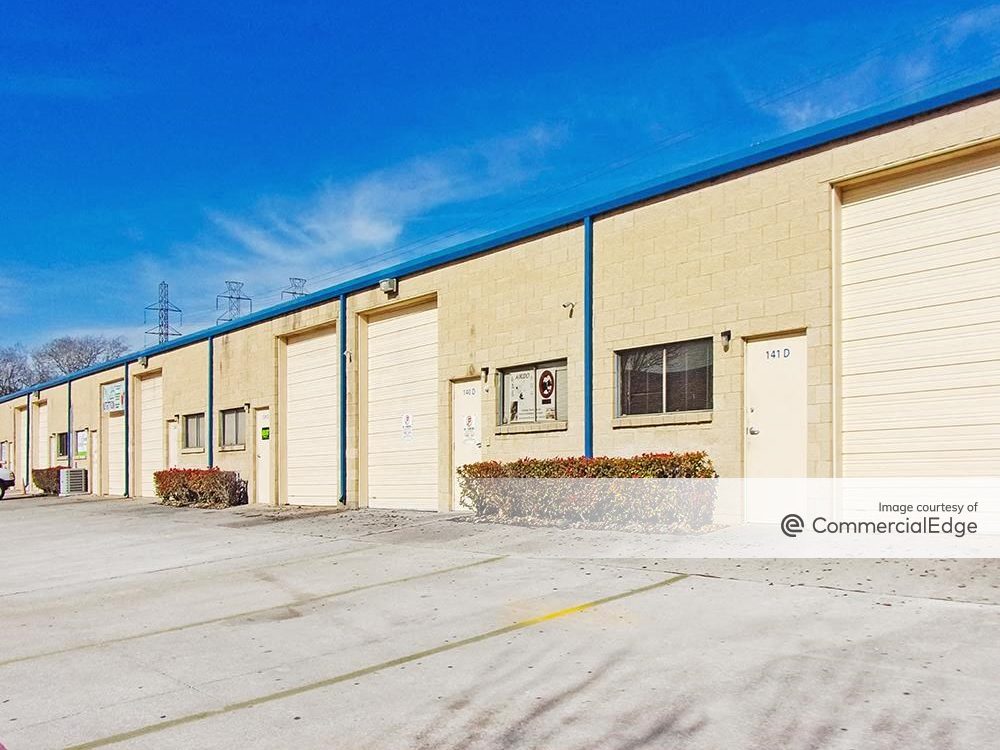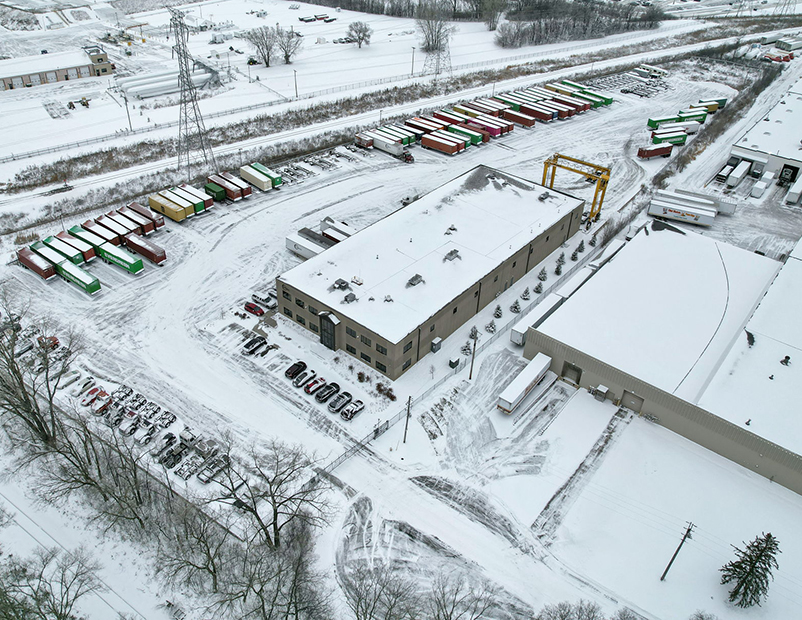The Lineup: Connecticut
Billed as the nation’s first state green bank, Connecticut’s Clean Energy Finance and Investment Authority (CEFIA) consolidates existing energy-related funding activities. To minimize any new taxes funding CEFIA’s activities, the state imposed an electricity ratepayer surcharge (amounting to less than one cent per kilowatt-hour) that is expected to generate $30 million for CEFIA programs annually.…
Billed as the nation’s first state green bank, Connecticut’s Clean Energy Finance and Investment Authority (CEFIA) consolidates existing energy-related funding activities. To minimize any new taxes funding CEFIA’s activities, the state imposed an electricity ratepayer surcharge (amounting to less than one cent per kilowatt-hour) that is expected to generate $30 million for CEFIA programs annually.
The state also rolled $18 million into CEFIA’s capitalization from the existing Connecticut Green Loan Guaranty Fund. And CEFIA has the authority to issue as much as $50 million in bonds that would be backed by the state’s special capital reserve fund.
With respect to commercial property energy retrofits, CEFIA focuses on the statewide commercial PACE program known as C-PACE. As is generally the case with commercial PACE programs, C-PACE can cover the full cost of a property retrofit.
For instance, among the program’s first closed transactions, C-PACE is helping finance solar PV installations, to the tune of nearly $500,000, atop a pair of Hartford buildings that house family-owned mechanical systems manufacturing and service firm Crest Mechanical Services. The installations, which total 155 kilowatts, are being financed at 5.5 percent interest over 20 years.
The projects, which are both also supported by Connecticut’s modest Zero-Emissions Renewable Energy Credits program, are expected to cut Crest’s annual energy costs by some $68,000.
CEFIA – in collaboration with private lenders, a renewable-energy tax equity investor and an insurer – also just enhanced its modest solar power leasing program, available to Connecticut businesses.
CEFIA expects to leverage its $9.5 million subordinate debt investment and $3.5 million in loan-loss reserve funding into $50 million in lending commitments from participating banks. In addition to residential installations, the program is expected to fund development of roughly 40 commercial solar systems over two years.
– Brad Berton
View information on how other states have approached green retrofit financing.






